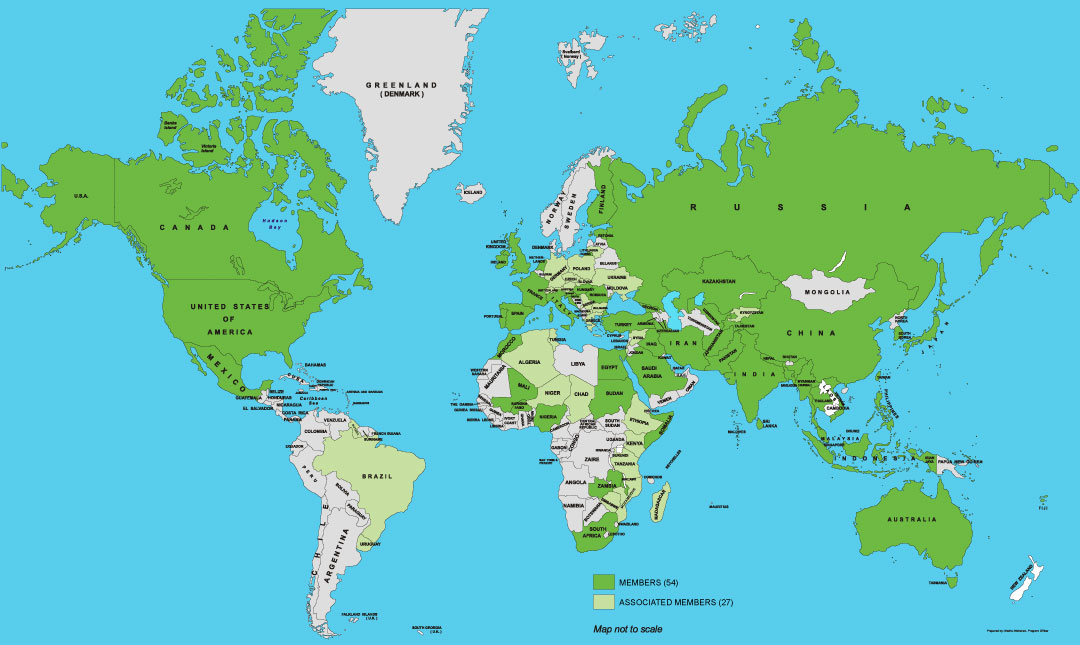

Wastewater, if recycled and reused with care, forms a lucrative source of water for irrigation due to its continuous and assured supply and high nutritional value.
Wastewater, refers to the municipal wastewater that contains a broad spectrum of contaminants resulting from the mixing of wastewater from homes, businesses, industrial areas and oftenstorm drains, especially in older sewer systems. Sewage, the subset of wastewater that is contaminated withfaecesorurine, but is often used to mean any wastewater, is disposed of, usually via apipeor sewer (sanitary or combined), sometimes in acesspool emptier.Municipal wastewater is usually treated in a combined, sanitary, effluent or septic tank. Septic systems treat sewage on-site and are used in rural settings.
Around 90% of urban wastewater produced globally, especially in low-income countries, remains untreated, since the ‘sewerage system’, the physical infrastructure, including pipes,pumps, screens, and channels etc. used to convey sewage from its origin to the point of eventual treatment or disposal is very costly. Sewage Treatment Plants are notoriously costly, require large amount of energy, and are difficult to maintain. Most often the effluent from the STPs does not measure up to the desired standard of treatment. As a result, large amount of urban sewage is directly disposed of into water bodies adjacent to the urban settlements, polluting downstream water sources.
Agriculture in the peri-urban areas has to compete for increasingly scarcewater resourceswith industry and municipal users and there is often no alternative for farmers but to usewaste water for irrigating their crops.Waste water, with continuous and assured supply and with high nutrients for plants, despite its health hazards, is attractive to farmers. Increasingly,agricultureis using untreated wastewater for irrigation and it needs to be encouraged as it provides eco-service by preventing pollution of nearby water bodies, albeit with caution as it can contain a mixture of chemical and biological pollutants with adverse impact on humans, plants and soil. To encourage safe use of wastewater in agriculture, theWorld Health Organization advocates a ‘multiple-barrier’ approach to wastewater use.Farmers are encouraged to adopt various risk-reducing behaviours such asapplying water carefully,ceasing irrigation a few days before harvesting, cleaning vegetables with disinfectant or allowing faecal sludge used in farming to dry before being used as a human manure.
In many developed countries, wastewater is fully treated before being used for irrigating parks, gardens and golf courses. In countries like Singapore and Israel, through high-tech methods, each drop of water is recycled many times before it reaches sea.
Related items you may like

Irrigation
Sources of Irrigation
Irrigation History +
Sources of Irrigation +
IMPROVING SOIL MOISTURE +
Ponds +
Tanks +
Diversion Weirs +
Dams and Reservoirs +
Groundwater +
Conjunctive Water Use +
Wastewater +
Poor Quality Water +
Application of Irrigation water
Canal Irrigation +
Flood Irrigation +
Deficit Irrigation +
Supplemental Irrigation +
Sprinkler Irrigation +
Drip Irrigation +
Lift Irrigation +
Centre Pivot Irrigation +
Tidal Irrigation +
Micro-Irrigation Technologies for Small Holders +
Automatic Irrigation Systems +
Pressurized Irrigation +
Irrigation in Viticulture +
Purpose of Irrigation
Instruments and implements of Irrigation
Pumps +
Centrifugal Pumps +
Submersible Pumps +
Turbine and Jet Pumps +
Conveying Pipes +
Sprinklers +
Drippers +
Canal Automation Systems +
Irrigation Management
Economics of Irrigation System +
I&D System Types +
I&D Investment Functions +
I&D Management Issues +
Participatory I&D Management +
Equity in Irrigation +
Irrigation Services +
Irrigation and environment
Pollution and Irrigation +
Irrigation and Climate Resilience +
Environmental Aspects of Irrigation +
Environmental Impacts of Irrigation +
Green Lawn Irrigation +
Safe Use of Waste Water in Irrigation +
Organic Agriculture +
Soil Health +
Soil Health Management +
Quality of Irrigation Water +
Capacity Development
Drainage
Drainage Types and Systems
Agricultural Drainage +
Field Drainage systems +
Canal Irrigation and Drainage +
Surface Drainage Systems +
Subsurface Drainage +
Mole Drainage +
Bio-Drainage +
Regional Bio-Drainage +
Drainage Issues
- Industrial wastewater
- Wastewater
- Sanitary wastewater
- Municipal wastewater
- Domestic sewage, Domestic effluents, Domestic wastes, or Domestic wastewater
- Combined wastewater
- Compatible industrial wastewater
- Wastewater reclamation, waste water treatment
- Clarified wastewater
- Decomposition of wastewater
- Coagulated wastewater
- Filtered wastewater
- Disinfected wastewater
- Oxidized wastewater
- Slow rate wastewater land treatment
- Rapid infiltration wastewater land treatment
- Overland flow wastewater land treatment


